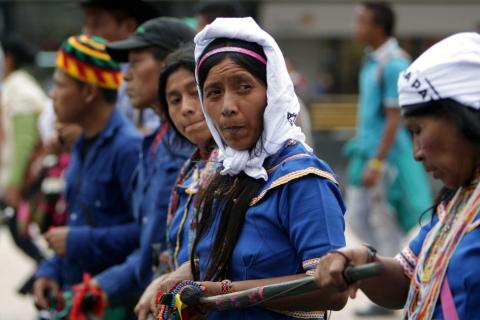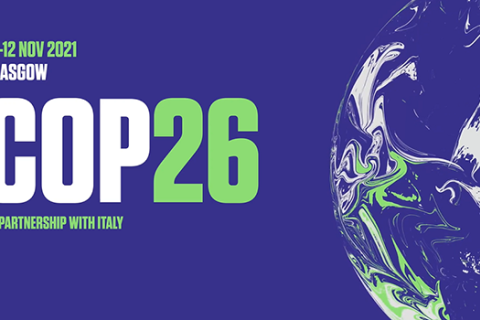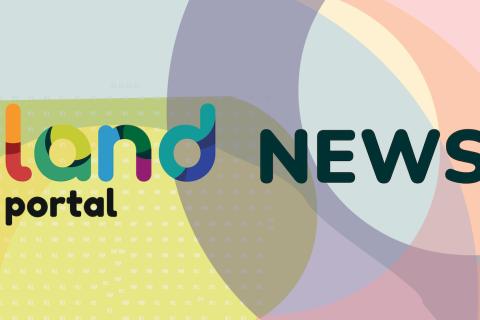Related content:
2021 United Nations Climate Change Conference: COP26
Meet the people our leaders should be listening to at COP26
World leaders are failing ordinary people on climate change. From Fairbourne in Wales to China and Japan; the Amazon and Congo rainforests to the Pacific Islands – here are some of the people our leaders should be listening to at the COP26 global climate talks.
World leaders are meeting this week at the COP26 climate conference in Glasgow to agree stronger pledges to stop the world warming to dangerous levels.
UN Climate Change Conference COP26
The 26th session of the Conference of the Parties (COP 26) to the UNFCCC was originally scheduled to take place from 9-19 November 2020, in Glasgow, UK. On 28 May 2020, the COP Bureau decided that it would take place from 1-12 November 2021, in Glasgow, UK.
At U.N.'s COP26 climate summit, Indigenous voices are calling for more than lip service
Ron Turney, a water protector of the White Earth Nation tribe, has been diligently photographing what he says shows the effects of drilling fluid spills and an aquifer breach in northern Minnesota, where a Canadian energy company finished replacement of a crude oil pipeline in September.
UN Climate Change Conference COP26
The 26th session of the Conference of the Parties (COP 26) to the UNFCCC was originally scheduled to take place from 9-19 November 2020, in Glasgow, UK. On 28 May 2020, the COP Bureau decided that it would take place from 1-12 November 2021, in Glasgow, UK.
Copyright © Source (mentioned above). All rights reserved. The Land Portal distributes materials without the copyright owner’s permission based on the “fair use” doctrine of copyright, meaning that we post news articles for non-commercial, informative purposes. If you are the owner of the article or report and would like it to be removed, please contact us at hello@landportal.info and we will remove the posting immediately.
Various news items related to land governance are posted on the Land Portal every day by the Land Portal users, from various sources, such as news organizations and other institutions and individuals, representing a diversity of positions on every topic. The copyright lies with the source of the article; the Land Portal Foundation does not have the legal right to edit or correct the article, nor does the Foundation endorse its content. To make corrections or ask for permission to republish or other authorized use of this material, please contact the copyright holder.




